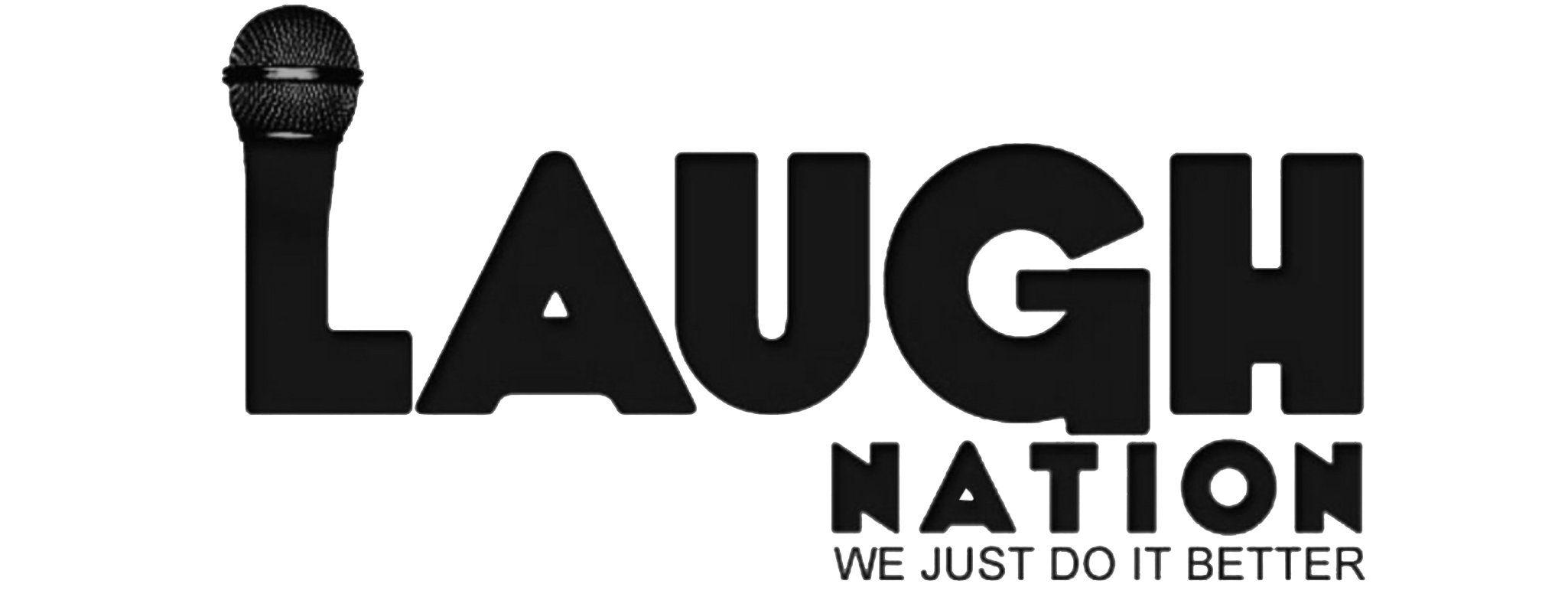Is Drake Faking His YouTube Views with Nokia Ads?
In the world of music, few names resonate as powerfully as Drake. But recently, questions have emerged about the authenticity of his streaming numbers, particularly concerning his latest track “Nokiia”. Are these numbers genuine, or is there a shadow of deception lurking behind the curtain? Let’s dive into the evidence and explore the implications of these claims.
The Allegations Against Drake
Drake is accused of manipulating his streaming numbers, particularly through promotional tactics involving Nokia ads. These allegations suggest that the views on his latest track are inflated, leading fans and critics alike to question the integrity of his music’s success.
One of the most striking points raised is that “Nokiia” isn’t even on Drake’s album. Instead, it’s linked to Party Next Door, who many believe is being used as a shield by Drake. The idea is that if the song underperforms, Drake can easily deflect criticism onto Party Next Door, escaping accountability for his artistic choices.
Party Next Door: The Unsung Artist?
Party Next Door’s role in this scenario is critical. Some argue that he may not care about the exposure or credit, as long as he gets paid. However, true artistry involves giving back to the genre and community. Artists like Beyoncé, Kendrick Lamar, and even Lil Wayne bring value to their music and the industry. The question remains: Is Party Next Door one of those artists, or is he merely a pawn in a larger game?
Critics argue that if Party Next Door is a true artist, he should be more vocal about his contributions and the credit he deserves. The lack of his presence in the promotional material raises eyebrows, as many fans wonder why this collaboration isn’t being highlighted more prominently.
The Impact of Marketing Strategies
Marketing in the music industry has evolved, and YouTube ads are a prominent feature of this evolution. Some defend Drake’s approach, suggesting that it’s just standard practice in the industry. However, others believe that resorting to such tactics indicates a decline in his artistic integrity.

It’s worth noting that YouTube’s policies have changed regarding paid views. In 2019, the platform announced that paid advertising views would no longer count toward music charts. This means that while ads can boost overall view counts, they don’t necessarily reflect genuine popularity or engagement.
Drake’s Legacy in Question
Drake has built an empire on his music, but these allegations could tarnish that legacy. Critics argue that he has opened the floodgates for scrutiny, not just for himself but for all artists. The fear is that this could lead to a culture of lawsuits and claims that stifle creativity and expression in the industry.

The implications extend beyond music and into comedy and other forms of art. As artists become more cautious, the freedom of expression that has long been a hallmark of hip-hop and comedy may be at risk. This raises the question: Is Drake a victim of his own success, or is he contributing to a problematic trend in the industry?
The Role of the Audience
Drake fans, often referred to as part of a “cult,” may be unwilling to see the flaws in his tactics. This unwavering support can cloud judgment, leading some to dismiss valid concerns about authenticity. It’s crucial for fans to engage critically and hold their favorite artists accountable.
Music is meant to inspire and provoke thought. When fans blindly support artists without questioning their methods, it risks fostering an environment where authenticity is compromised. As hip-hop continues to evolve, the community must advocate for genuine artistry and transparency.
The Future of Music Marketing
As we look to the future, the relationship between artists, labels, and fans will be pivotal. The rise of music influencers and social media has changed the landscape, but it also presents challenges. Authenticity and integrity must remain at the forefront of the conversation as the industry navigates these turbulent waters.
In conclusion, the controversy surrounding Drake’s alleged manipulation of streaming numbers raises important questions about the music industry. As fans, critics, and artists, we must engage in thoughtful discussions about authenticity, artistry, and the impact of marketing strategies on our beloved genres.









